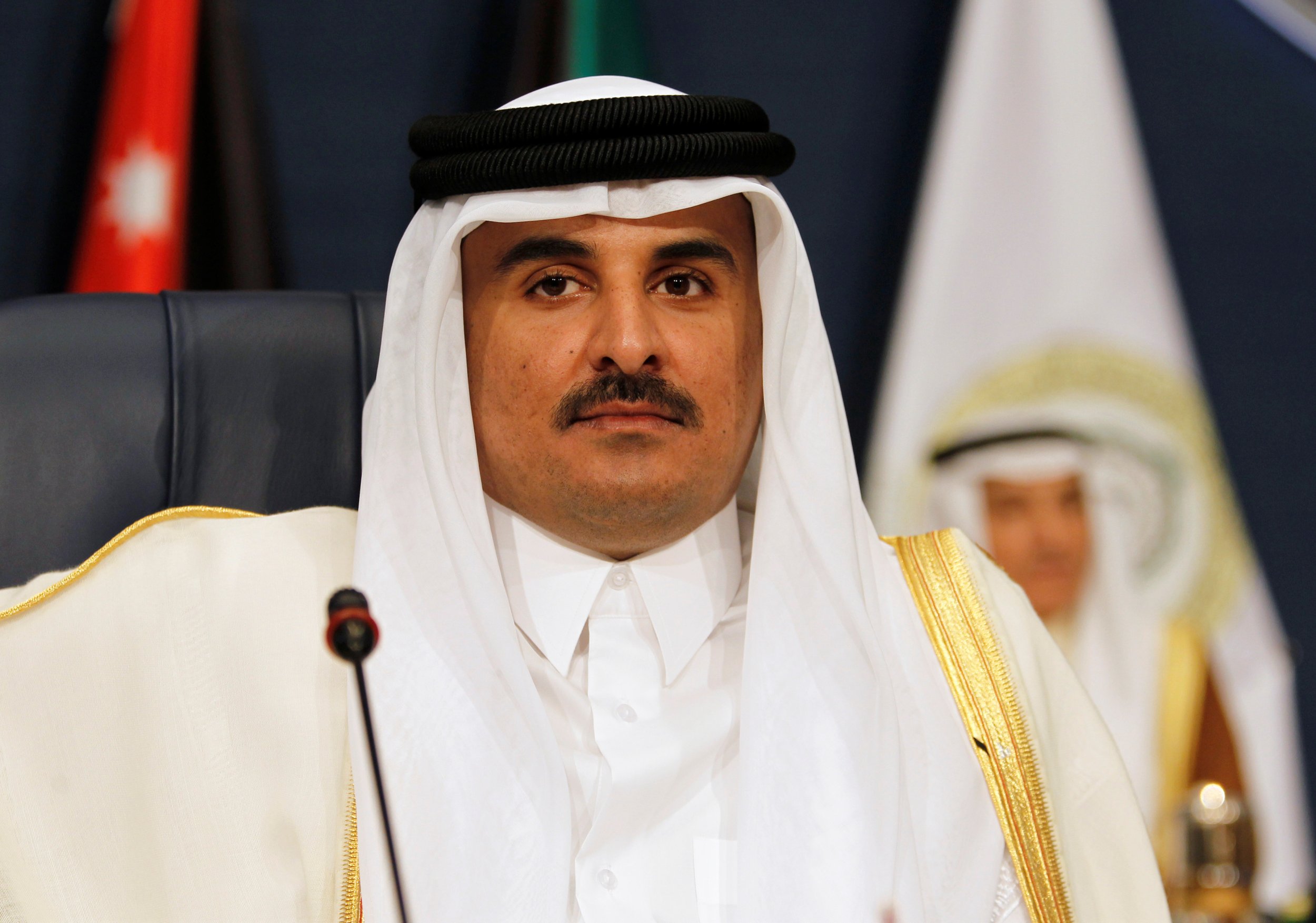
Saudi Arabia and other Sunni Arab states have issued Qatar with a list of demands for the diplomatic crisis in the Gulf to end.
The countries, including Egypt, United Arab Emirates and Bahrain, cut ties with Qatar on June 5 over its alleged support for extremist groups.
The list of demands include closing the Doha-based television station Al-Jazeera, severing ties with Iran, and closing Turkey's air base in Qatar.
The countries issued a 10-day deadline for the demands to be met, saying it would become invalid if gas-rich Qatar does not respond in that time.
The far-reaching list of demands were made to stop Qatar's involvement with foreign entities opposed to the government of the four Sunni Arab countries, as well as what they view as Qatari meddling in their internal affairs. It calls on Qatar to stop all contact with opposition groups in those countries.
They accuse Qatar of supporting the extreme vision of groups such as Al-Qaeda and the Islamic State militant group (ISIS). The list calls on Qatar to outlaw these groups, as well as Lebanese Shiite militant group Hezbollah and the Al-Qaeda affiliate once known as the Nusra Front.
But Qatar's government has said that it will not negotiate on such terms until a block on transport and diplomatic links is lifted. It denies having any links to extremist groups.
Here is the list of demands in full, according to an Associated Press translation:
- Shut down Al-Jazeera and its affiliate stations.
- Shut down news outlets that Qatar funds, directly and indirectly, including Arabi21, Rassd, Al Araby Al-Jadeed and Middle East Eye.
- Immediately terminate the Turkish military presence currently in Qatar and end any joint military cooperation with Turkey inside of Qatar.
- Curb diplomatic ties with Iran and close its diplomatic missions there. Expel members of Iran's Revolutionary Guard from Qatar and cut off any joint military cooperation with Iran. Only trade and commerce with Iran that complies with U.S. and international sanctions will be permitted.
- Sever all ties to "terrorist organizations," specifically the Muslim Brotherhood, Isis, al-Qaeda, and Lebanon's Hezbollah. Formally declare those entities as terrorist groups.
- End interference in sovereign countries' internal affairs. Stop granting citizenship to wanted nationals from Saudi Arabia, the UAE, Egypt and Bahrain. Revoke Qatari citizenship for existing nationals where such citizenship violates those countries' laws.
- Stop all contacts with the political opposition in Saudi Arabia, the UAE, Egypt and Bahrain. Hand over all files detailing Qatar's prior contacts with and support for those opposition groups.
- Pay reparations and compensation for loss of life and other, financial losses caused by Qatar's policies in recent years. The sum will be determined in coordination with Qatar.
- Align itself with the other Gulf and Arab countries militarily, politically, socially and economically, as well as on economic matters, in line with an agreement reached with Saudi Arabia in 2014.
- Agree to all the demands within 10 days of it being submitted to Qatar, or the list becomes invalid. The document doesn't specify what the countries will do if Qatar refuses to comply.
- Consent to monthly audits for the first year after agreeing to the demands, then once per quarter during the second year. For the following 10 years, Qatar would be monitored annually for compliance.
- Stop all means of funding for individuals, groups or organisations that have been designated as terrorists by Saudi Arabia, the UAE, Egypt, Bahrain, the United States and other countries.
- Hand over "terrorist figures" and wanted individuals from Saudi Arabia, the UAE, Egypt and Bahrain to their countries of origin. Freeze their assets, and provide any desired information about their residency, movements and finances.
Uncommon Knowledge
Newsweek is committed to challenging conventional wisdom and finding connections in the search for common ground.
Newsweek is committed to challenging conventional wisdom and finding connections in the search for common ground.
About the writer
Jack is International Security and Terrorism Correspondent for Newsweek.
Email: j.moore@newsweek.com
Encrypted email: jfxm@protonmail.com
Available on Whatsapp, Signal, Wickr, Telegram, Viber.
Twitter: @JFXM
Instagram: Read more
To read how Newsweek uses AI as a newsroom tool, Click here.








